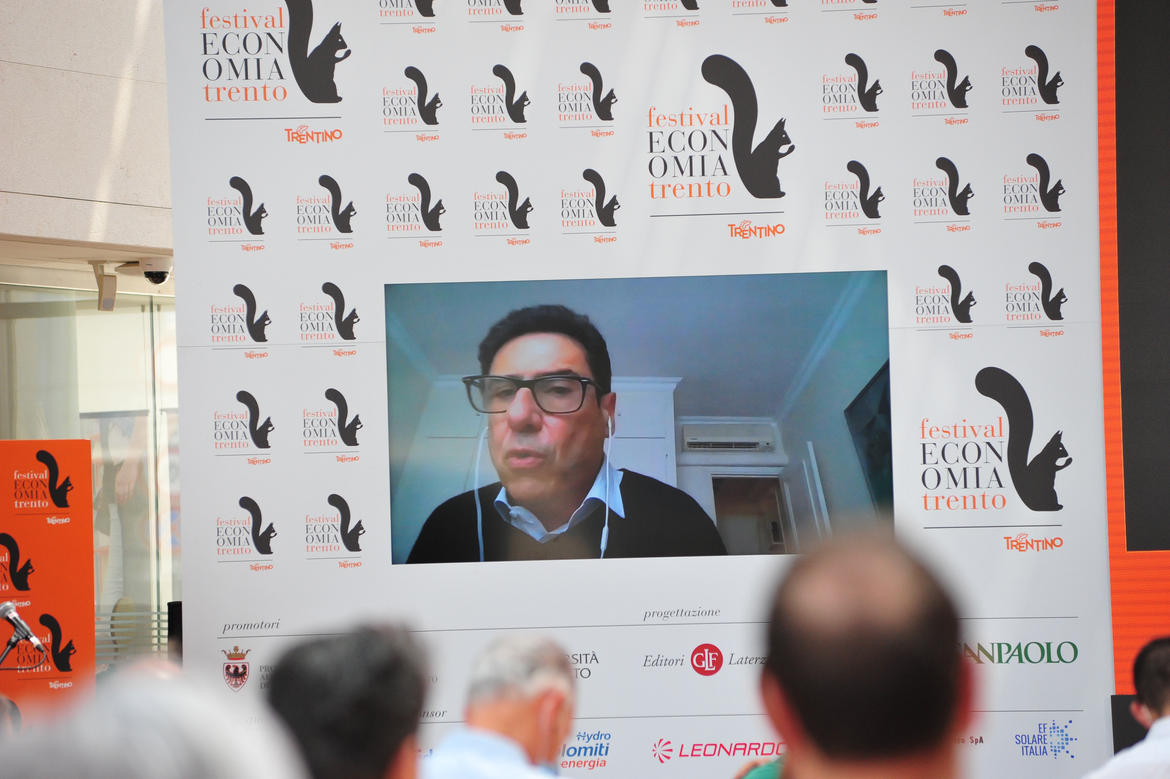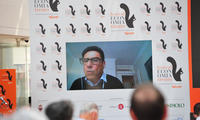
Aghion’s book is a sort of guide to rethinking capitalism and is based on Joseph Schumpeter’s concept of “creative destruction”. “The Austrian economist was pessimistic about the future of capitalism, but I believe it can continue to be a positive element” Aghion affirmed. In the book we deal with this aspect, replacing pessimism with the optimism of willpower”.
The expert, connected via a video link during the session held at the MUSE, presented listeners with a number of historical enigmas. “Why did industrialisation start in Europe and not in China, the land of great inventions? Because in the Orient the Emperor did not approve of innovators”.
The French economist went on to talk about taxation, affirming that taxing robotics excessively would be a mistake. “Automation can create jobs, because it allows companies to become more productive. It is necessary to create a balance, avoiding both excessively high and excessively low taxation”.
Investing is the watchword, also in education, to avoid the phenomenon of “lost Einsteins”, namely those who are knowledgeable and intelligent but do not have the opportunity to study. “Investing in education is positive for growth, increases the pool of potential innovators and is good for society overall”.









